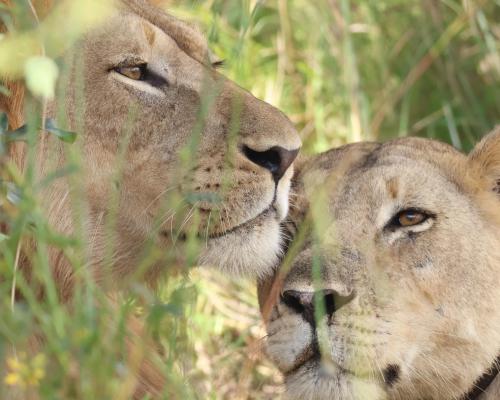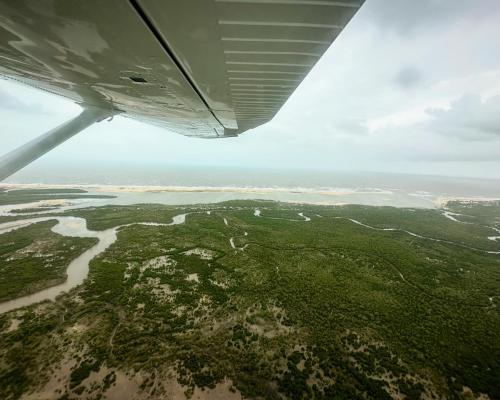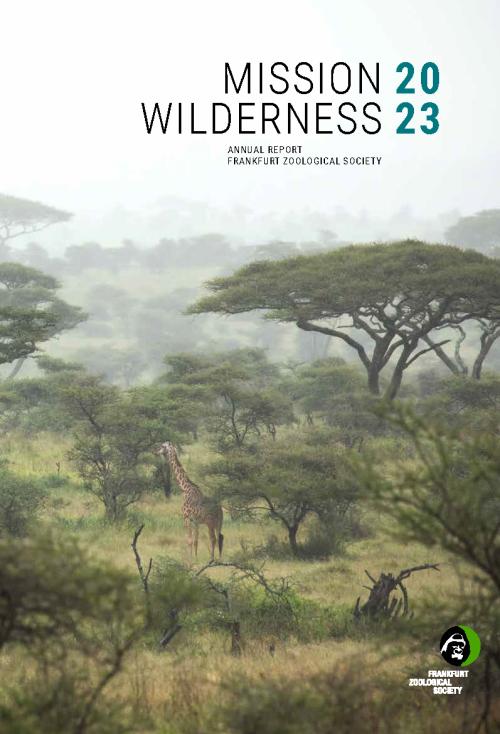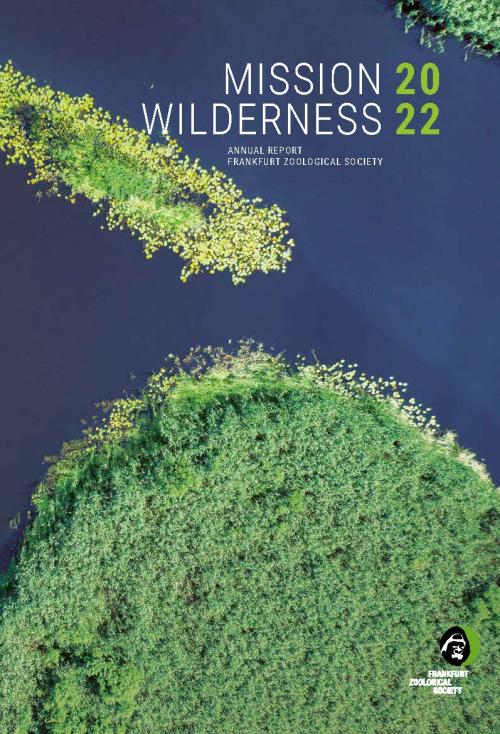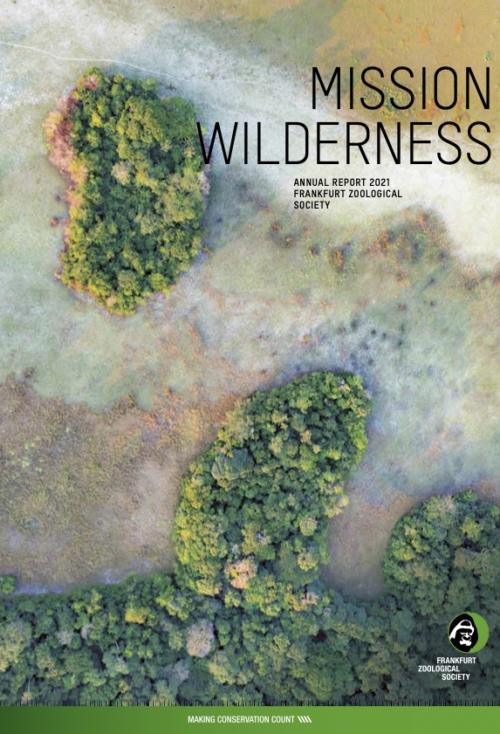“2020 was the year that taught us how dependent we are on nature staying healthy and healthy.” Says Klaus Becker, FZS President. Read this annual report for an in-depth look at what has been going on at FZS in 2020 and how we have weathered the corona crisis.
Annual Report 2020
The year 2020 will long be remembered by all of us as the year in which our lives were defined by COVID-19. It was the year that taught us, more than ever, how de- pendent we are on nature staying healthy and habitats remaining intact. However, we also suddenly discovered how much flexibility and creativity lies within us – how quickly and easily we managed to switch to communicating virtually. Nevertheless, it is crucial for those who work in conservation to be out in the field, to have intimate knowledge of the area and any changes, and to talk to the local people.
For that reason, 2020 posed a special challenge to FZS and our project teams in Africa, South America, Asia and Europe. The fieldwork ground to a halt for months in some particularly remote protected areas. Environmental training, larger meetings, conferences, workshops and other gatherings had to be canceled. At the same time, our teams also took on a wealth of additional tasks, such as in Peru, where we organized supplies of oxygen tanks and equipment to remote communities in or around the protected areas.
So far, we have weathered the corona crisis very well and have even managed to post growth in some areas. Our members, sponsors, and donors have continued to give generously to the FZS projects. Just how close the work of FZS is to people’s hearts is reflected in the bequests left in wills. We would like to express our heart-felt gratitude for this generosity! We have also received unbroken support from third-party donors and institutions, which has enabled us even to expand some of our conservation programs and to offer dependable assistance and partnership to protected areas – especially during these difficult times. We are most grateful for this, too.
The major goal in conservation is now to achieve “30 x 30.” FZS and all other major conservation organizations, as well as more than 60 countries worldwide, are aiming to place 30 percent of land and marine areas under special protection by 2030. The goal is to benefit nature and wildlife, in the interest of climate protection and, not least, to protect the health of mankind.
Klaus Becker
President of the Frankfurt Zoological Society






